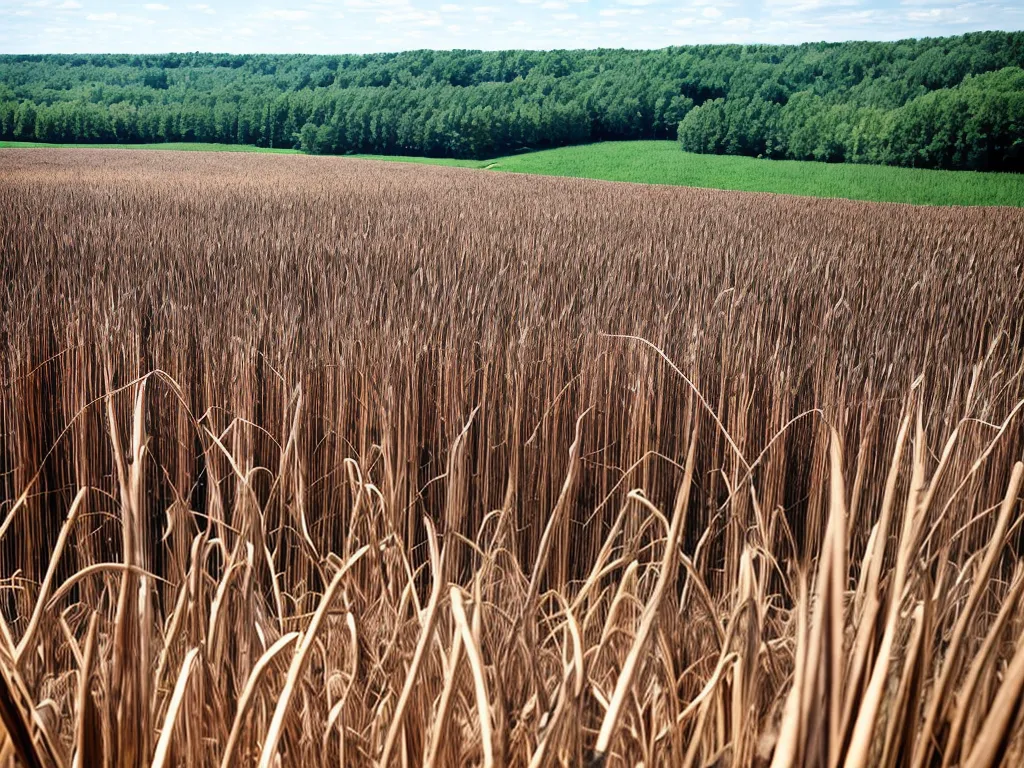
What is Biomass Energy?
Biomass energy is energy generated from organic material such as plants, agricultural waste, or municipal solid waste. Common sources of biomass include:
-
Wood and wood processing waste - One of the most common biomass fuels. Includes forestry residues, sawmill waste, etc.
-
Agricultural residues - Leftover materials from agricultural operations like husks, shells, stalks, etc.
-
Food and animal waste - Organic waste from food processing, restaurants, farms, etc.
-
Municipal solid waste - Includes biodegradable waste like paper, cardboard, yard trimmings, food scraps, etc.
Biomass can be directly burned to produce heat and electricity, or can be converted into liquid biofuels like biodiesel and ethanol.
Environmental Benefits of Biomass
Compared to fossil fuels, biomass has some environmental advantages:
-
Renewable - Biomass fuels come from organic materials that can be replenished relatively quickly. Fossil fuels take millions of years to form.
-
Carbon neutral - The carbon released burning biomass is recaptured when new plants grow. With fossil fuels, new carbon is introduced into the atmosphere.
-
Waste utilization - Using waste materials like husks and food scraps for energy reduces waste volumes.
Environmental Concerns with Biomass
However, biomass also raises some environmental concerns:
Air Pollution
-
Particulates and toxins - Burning biomass releases particulate matter, nitrogen oxides, volatile organic compounds, and other pollutants. This can reduce air quality.
-
Carbon neutrality debated - The carbon neutrality of biomass is debated, as burning times may exceed regrowth rates. Net carbon emissions may occur in some cases.
Land Use Changes
-
Deforestation risks - Increasing biomass demand could spur deforestation to create timber plantations, reducing biodiversity and carbon storage.
-
Food security impacts - More land allocated to bioenergy crops means less land for food production, raising food prices.
Water Use
- Water needs for irrigation - Many bioenergy feedstocks require substantial water for irrigation, straining freshwater supplies.
Sustainable Path Forward
Like any energy source, biomass has both advantages and drawbacks. With careful policies and practices, its environmental benefits could outweigh the costs:
-
Prioritize waste-based feedstocks over food crops to avoid land use pressures.
-
Establish strong sustainability criteria for sourcing practices.
-
Site facilities in areas with sufficient irrigation water supplies.
-
Mandate strict emissions controls to reduce air pollution.
-
Support research to improve crop yields, reduce water/fertilizer needs, and enhance carbon benefits.
A balanced approach can enable us to prudently tap the potential of biomass without undue harm. But it requires thorough analysis of tradeoffs, conscientious sourcing policies, and long-term life cycle thinking.